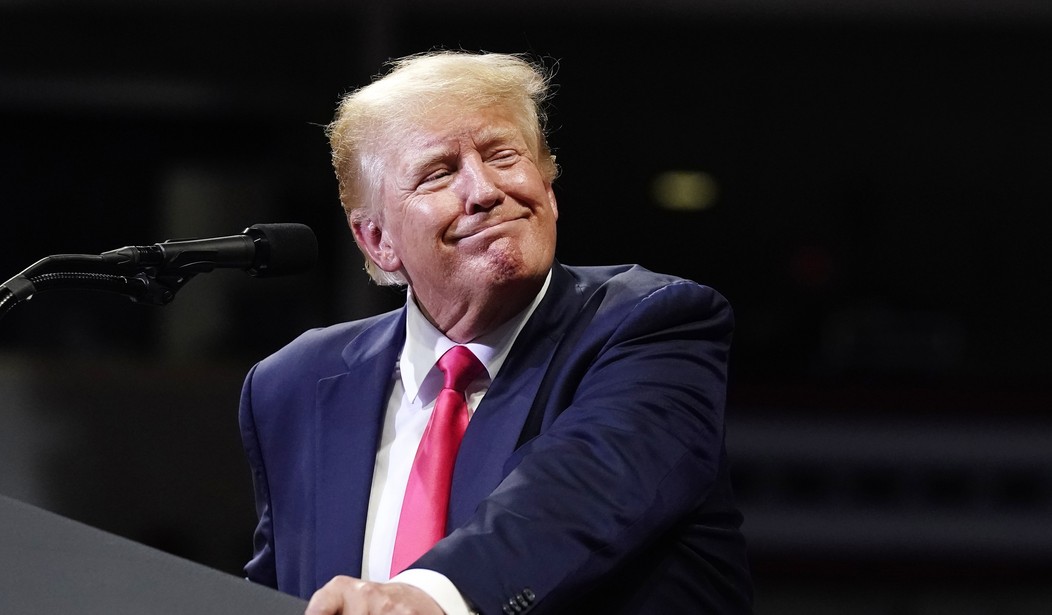Trust cannot be built without clarity, but when law enforcement meets rapid technological innovation, confusion abounds.
Ongoing litigation between government officials and one of Donald Trump’s lawyers, John Eastman, highlights this ambiguity.
In June of this year, federal agents, acting on a warrant, searched Eastman outside a restaurant in Albuquerque. During the search agents seized Eastman’s cell phone. Later, agents obtained a second warrant for the phone, which they had reason to believe contained evidence linking him to possible criminal activity. But due to the multifunctionality of phones, Eastman’s device contained a lot more than potential evidence. Sure, the agents had permission to seize evidence, but what about the sensitive material protected by attorney-client privilege?
Indeed, in an unrelated court case between Eastman and his former employer, Chapman University, there was a dispute regarding the extent to which the university could release thousands of Eastman’s emails in compliance with the House January 6th committee investigation.
In the case involving Chapman University, the judge determined what documents were privileged, and therefore protected. Yet in the case involving the DOJ, a “taint team” — a group of DOJ employees operating independently from the prosecutor’s office — got to review the materials to ensure the prosecution does not access privileged documents.
Eastman’s cases show the complexity involved in determining how to handle searches involving privileged materials easily accessed through digital devices. Scope of warrant issues involving devices like cell phones are hard to resolve.
Recommended
Search warrants are not limitless. They must include the specific places to be searched and the persons or things to be seized. That constraint is much easier to adhere to when evidence is bound to the physical world.
For example, if law enforcement is searching for a rifle used in a murder, they are limited in their search by the size of the object. They’re not allowed to look for the rifle in the kitchen drawer since there’s no reason to believe it will be there.
But in the digital world, there are no such limitations. Law enforcement obtains a trove of information when they seize a phone — emails, games, social media, travel information — you name it, it’s probably there. Most of it is private and irrelevant — the kind of stuff that if it were physical would be safely stowed away. But on a phone, it’s not obvious how law enforcement can perform their warranted search without sifting through everything.
Without searching all data how can law enforcement access any relevant information? There is a reason the DOJ needed a “taint team” in the Eastman case. When dealing with situations involving privileged information, how else would agents search the phone to obtain evidence of the crimes allegedly committed?
And what about the cloud? Does a warrant to search a cell phone give law enforcement the green light to search data stored both locally and through connected cloud services?
This isn’t a new problem. A federal judge in Kansas noted the scope of warrant problems the law faces in the realm as far back as 2014.
There are no obvious answers. There is a trend in the courts towards recognizing the privacy expectations in sensitive electronic information. For example, the Supreme Court has recognized individual expectation of privacy in cell site information location (CSIL), and has generally barred law enforcement from searching cell phones found on arrest.
But, unfortunately, the law lags behind technological innovation. Although some commentators have recommended that judges should take it upon themselves to specify in the warrant itself whether agents are allowed to search data beyond what is stored locally on a cell phone, such a practice is neither necessary nor uniformly followed.
Judges should add clarity to warrants to ensure the scope is clear before law enforcement agents execute searches. However, judicial action alone will not resolve these problems. Legislatures should work to codify a standard for the scope of digital warrants to ensure the integrity of the judicial process is maintained.
Currently, law enforcement and defendants alike swim in a sea of uncertainty. This does no service to a nation tearing apart at the seams, with numerous factions deeply concerned with the perception that law enforcement agencies are deeply corrupted by either political or racial bias.
Policy makers must remain aware of the conundrums created by boundaryless feats of modern technology. As Justice Alito asserted in his concurrence in United States v Jones, legislative bodies are “well situated” to assess public opinion, “draw detailed lines” and balance the need for both public safety and privacy.
Leslie Corbly is a Privacy Policy Analyst with the Libertas Institute in Lehi, Utah. She covers current events and affairs related to privacy from the perspective of preserving individual rights and essential liberties.

























Join the conversation as a VIP Member